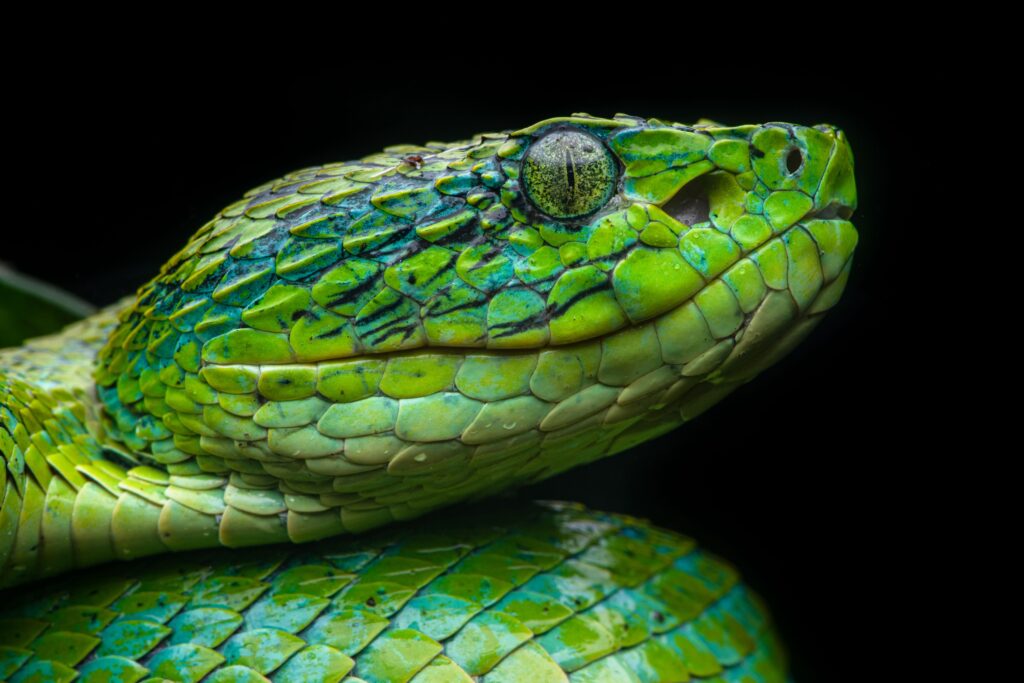Research Focus
Members of the lab are pursuing integrative biodiversity conservation in Honduras with a focus on reptiles and amphibians. A primary objective of this work is to identify the drivers of human-snake conflict and predict which communities are at the highest risk in order to implement interventions such as snake safety education and emergency snakebite medicine. Eventual outcomes from this work may lead to a reduction of human morbidity and mortality from snakebite envenoming and an increase in community support for herpetological conservation efforts.
Skills, Techniques, Methods
- Computer programming in R (species distribution modeling, machine learning)
- Interfacing with global biodiversity databases (data processing, filtering, etc.)
- Potential for herpetological fieldwork to record occurrences of rare and endangered reptiles and amphibians
- Collecting survey data regarding snakebites
Research Conditions
The bulk of the work will be computational and thus conducted indoors on the computer, though there may be opportunities for fieldwork (in rugged, out-of-doors and climatically unpredictable conditions) if desired and permitted.
Team Structure and Opportunities
Undergraduate mentees will work directly under Tasman Ezra and may interact remotely with Honduran collaborators. Students may pursue independent questions and test independent hypotheses using the data collected, if so inspired, though the broad goal will be to identify drivers of human-snake conflict and predict regions of the highest risk during the present and future.
Requirements
Willingness to learn to code in R (if not already proficient) is a necessity. Familiarity with geographic thinking is a plus, as is the inclination to read primary literature concerning the natural history of species in question.

Jonathan Losos
losos@wustl.edu
